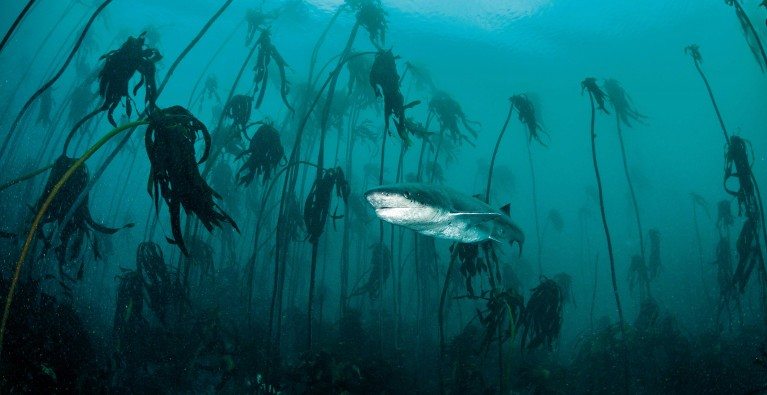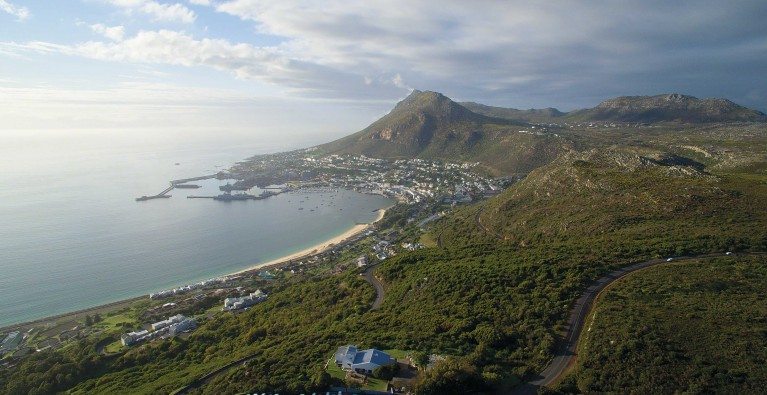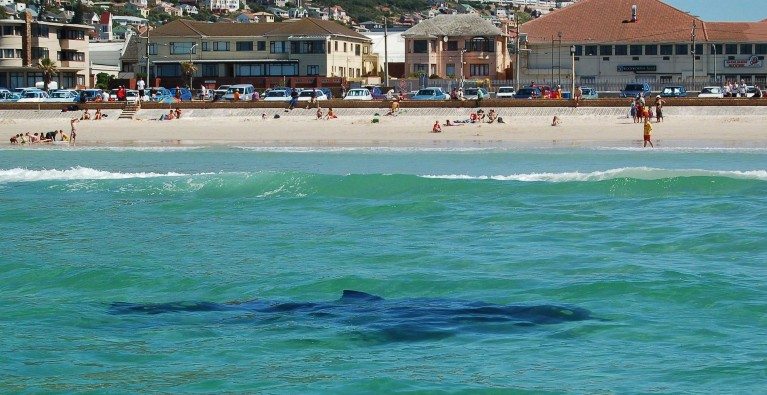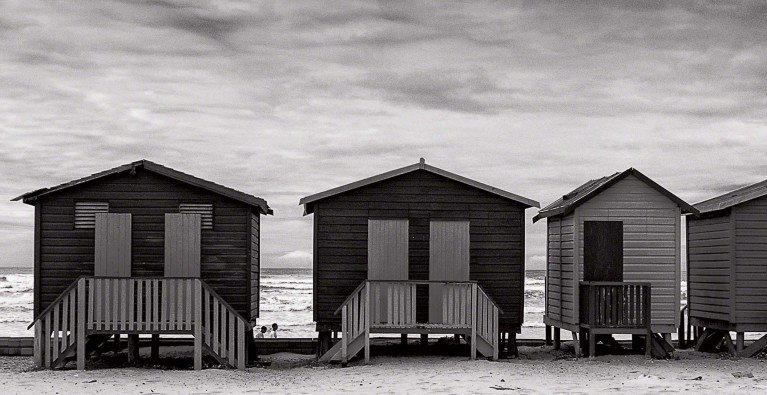Alison Kock
‘Growing up in Cape Town, South Africa, I’ve always enjoyed being close to the sea, but having a connection to one of its most feared and revered inhabitants – well, I never saw that coming,’ says Shark Spotters’ research manager, Alison Kock. ‘Fifteen years ago I was studying marine biology at the University of Cape Town and at the weekends I managed a car wash. One busy morning I saw something in the boot of a customer’s car that stunned me: photographs of a fully airborne great white shark just off Seal Island in False Bay. I couldn’t believe it.
‘Now a marine scientist, I’m determined to help secure the future of sharks through scientific research and community-based conservation strategies. My PhD, currently under review, is on the behavioural ecology of white sharks in False Bay. It’s critical for the conservation of sharks that everyone gets to know what researchers learn about them, which is why I try to make my work as accessible as possible. Sharks bring enormous personal, cultural, environmental and economic value to local regions, and this drives my passion to understand and conserve these magnificent predators.



